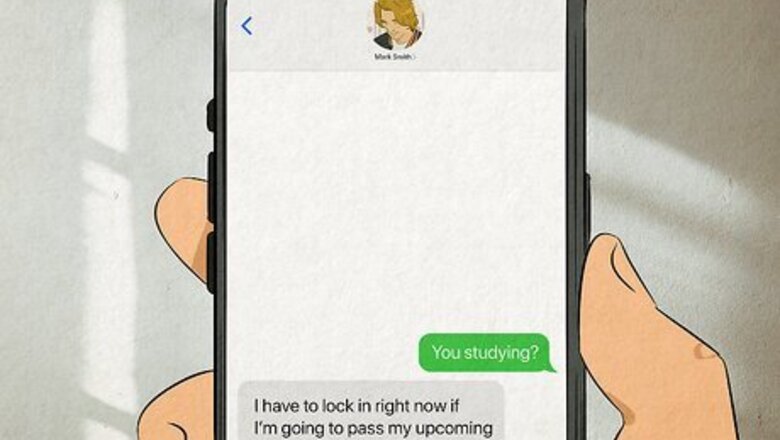
views
Lock In Slang Explained
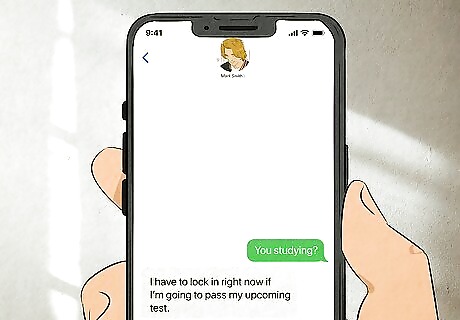
“Lock in” is slang for being concentrated on a task. Gen Z and younger teenagers may say they’re going to lock in when they’re about to study, play a difficult video game, or clean their room. Unlike casually focusing on an activity, locking in (or being locked in) refers to entering a state of complete concentration on a task. Examples: “I have to lock in right now if I’m going to pass my upcoming test.” “Let’s lock in and win the big game tonight.” “She’s locked in right now. Nothing can break her focus.”
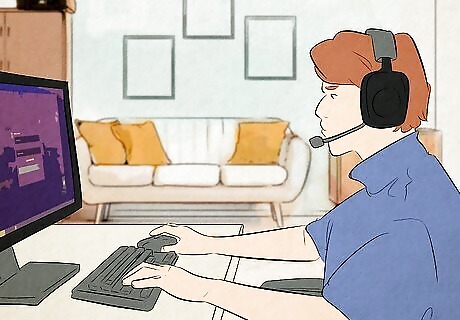
The phrase “lock in” comes from memes and video game streamers. In 2023, a meme went viral describing how someone had to “lock in” by being straight-faced so their phone’s Face ID would work. Other memes describe needing to lock in despite feeling sick, distracted, or drunk. Video game streamers also frequently use the phrase as they talk to their chat about focusing on a game, helping popularize it among Gen Z and Gen Alpha. Usually, “when you gotta lock in” memes feature two before-and-after pictures of a person, animal, or character making a silly face and a serious (“locked in”) face. Example: “When you’re being silly but you gotta lock in so your Face ID works.”

The slang term “lock in” may have origins in military speak. While there’s no clear source of the popular slang phrase, some Internet users speculate that the phrase comes from military jargon. Specifically, they theorize that it’s an adaptation of when military members in attack situations (in war films or in real life) say they’re “locked in” on a potential target. In slang use, to lock in is to focus on one specific activity and to engage seriously.
Strategies for Locking In

Find a quiet work environment away from distractions. Whether you’re trying to lock in at school, work, or home, finding a calm workspace dramatically improves your ability to focus. Almost as important as being in the right space is limiting distractions. Turn off your phone or put it in a drawer until you’re done with your task, recommends Ruiz.
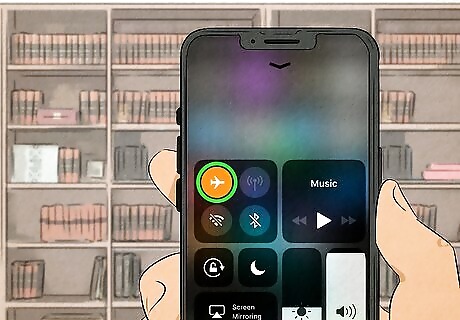
Limit how often you check email and social media. Limiting social media and internet use can make it easier to stay focused on your task. While you might be tempted to cut it out cold-turkey, To avoid the urge to constantly check your email and social media when you’re trying to lock in, Pauer advises choosing set times that you’ll check them. For example, after lunch and in mid-afternoon, you could scroll through both for 10 to 20 minutes. Outside of those times, close the tabs or apps and turn off notifications.

Do one thing at a time, rather than multitasking. While you might think you can lock in to multiple tasks at once, chances are you’ll end up barely focused on any of them. To truly focus, give your current task your undivided attention. Practice being present and enjoying what you’re doing, whether it’s working or taking a walk, says Pauer.
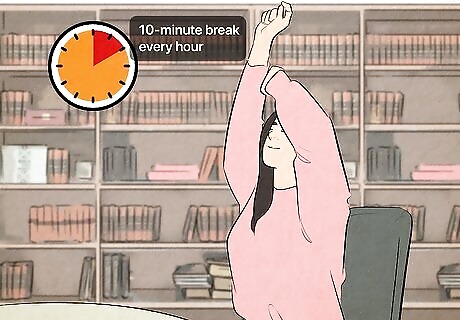
Take a 10-minute break every hour. “Your brain needs rest in order to be productive,” Pauer explains. “Schedule and take regular breaks throughout the day (ideally 5-10 minutes every hour) to maximize your energy and ability to focus.” If you don’t have that much time to pause, try to take a break every 2 or 4 hours at a minimum. When it is time to lock in, you’ll feel more ready. Another option is to practice the Pomodoro technique. To follow this method, take 5-minute breaks after every 25 minutes of work. After four 25-minute intervals, take a longer 15-30 minute break.
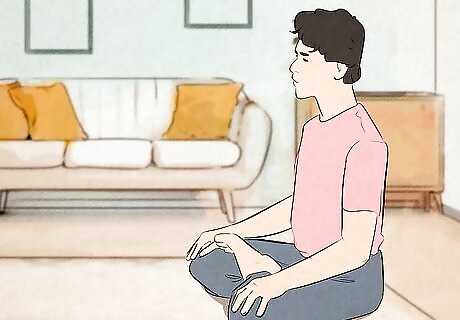
Meditate to improve your focus. If you’re struggling to lock in because your mind keeps wandering, take a break from your task to meditate. Research suggests meditating may be able to increase focus and concentration while reducing stress. Pull up a guided meditation video on your phone or simply close your eyes and try to be mindful of your breathing in and out. Meditate for a few minutes, then try to lock in on your task again.

Boost your energy if you need to lock in while tired. Pause your task to drink a cup of coffee or tea, go for a short walk outside, or eat a snack to help you feel more alert. These simple actions could be the boost you need to lock in, even if you’re running short on sleep.
Other Meanings of Lock In
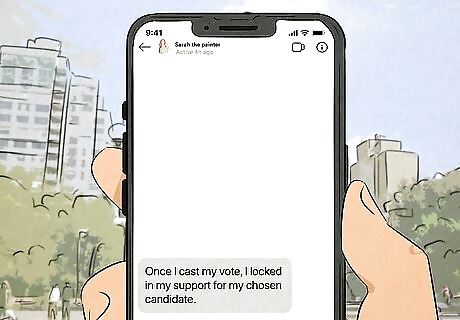
To lock in (something) is to commit to and secure it. Use the phrasal verb “lock in” or “being locked in” to suggest committing to something. For example, you may lock in a relationship by asking your partner to be exclusive or even by getting married. In other situations, you may lock in a low price to secure it by signing a contract. Examples: “I locked in my partner by proposing once I knew they were the one.” “They were running a special sale on cars, so I made a deal to lock in a good price.” “Once I cast my vote, I locked in my support for my chosen candidate.”

A lock-in is an overnight event for a group of kids or teens. Church youth groups and schools hold lock-ins as a way to supervise a large sleepover. They offer opportunities for young people to bond and experience the excitement of sleeping in an unusual location, such as a school gym. The children are locked in the space until the morning to prevent them from sneaking out or damaging property. Typically, the organization or adults hosting the lock-in provide the attendees with food and drink such as pizza and soda. Children bring their own sleeping bags to a lock-in and usually sleep on the floor.

In the UK, a lock-in is the after-hours drinking time in a pub. The pub locks its doors to walk-in customers and closes up as usual, but they let regulars or select patrons remain for a few more rounds. During a pub lock-in, patrons may act more casual than during regular drinking hours, playing games and cracking jokes.

















Comments
0 comment